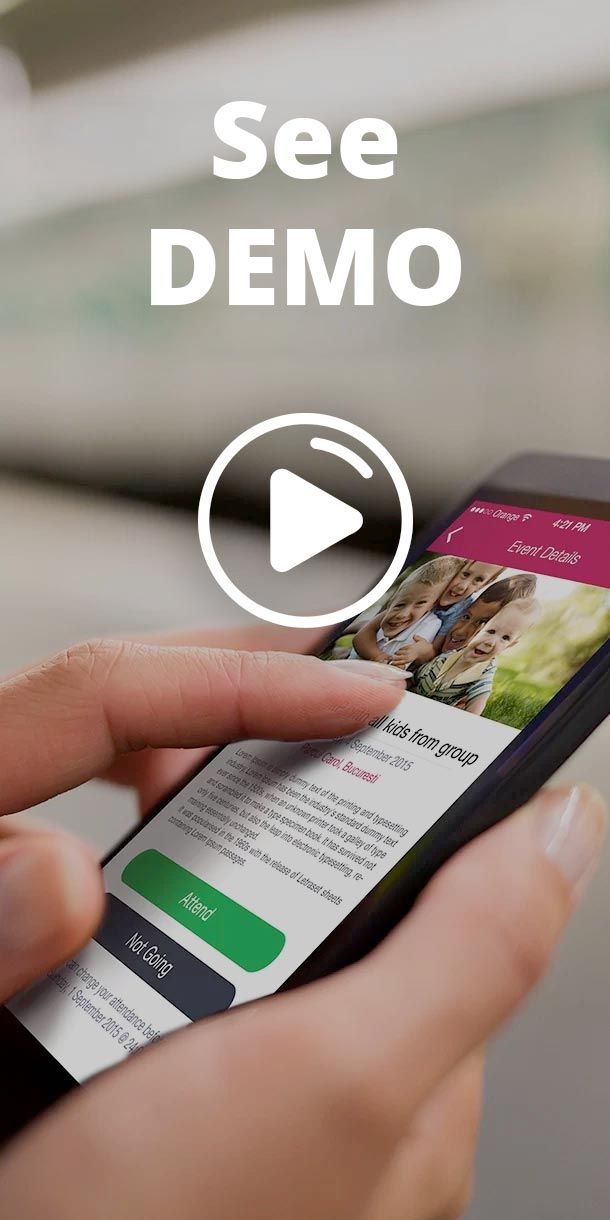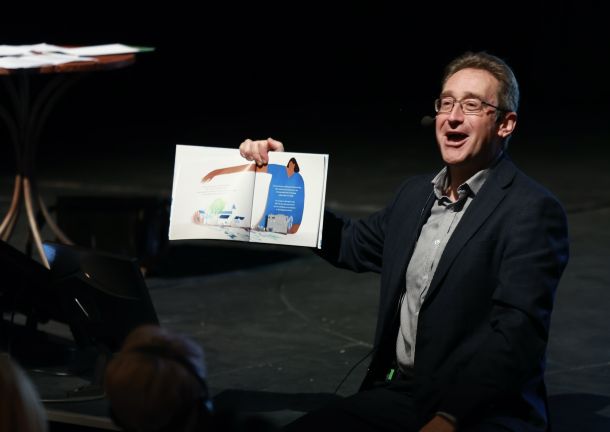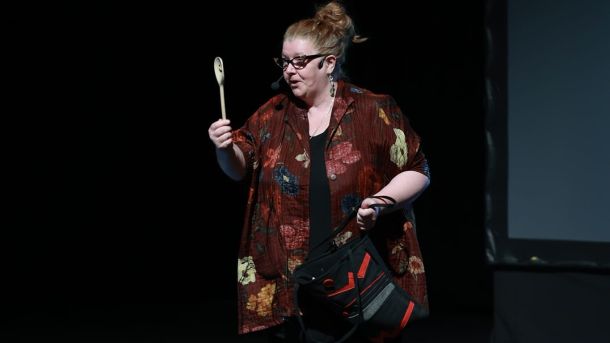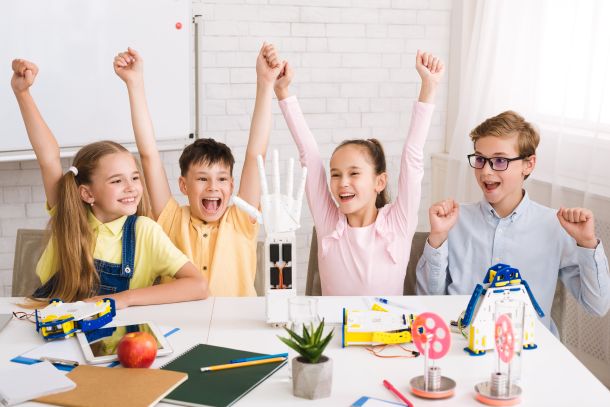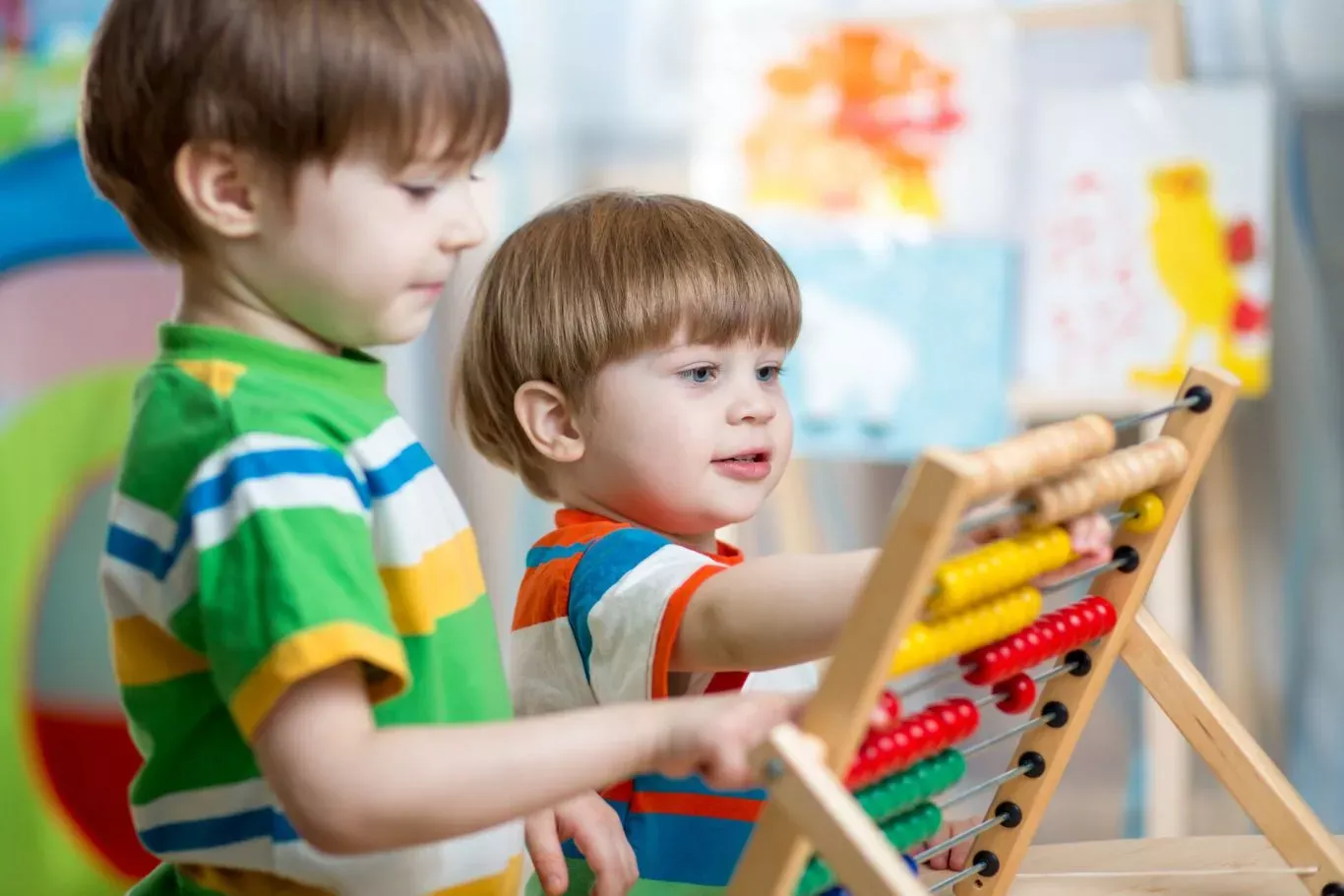
OECD study: what five-year-olds want from early education
OECD highlights that early education, development, and children's well-being are interdependent, and connected with the number of playtimes.
OECD highlights that early learning and development, and children's well-being are interdependent, and connected with the number of playtimes children have. OECD recently published the results of a study about early education and child well-being based on the responses of over 4,500 five-year-olds on what they like most about kindergarten or school. The OECD study highlights how children are doing at the age of five, directly measures key indicators of learning and also collects a wide range of information from parents and teachers. Children participating in the OECD study reported that fun and learning should not be separated. They enjoy being creative, spending time with friends and teachers, and being physically active.
OECD highlights what 5-years-olds like to do in kindergarten
Early education, development and overall well-being are connected with the number of playtimes children have. Play is certainly fun for children and helps with social bonding, negotiating skills, getting along with others, and contributing to early language development. Play activities in kindergarten and school create a positive view of formal learning environments, which helps children to shape a flexible mindset.
Making and creating things is also fun for children while helping them develop creative and problem-solving skills. The OECD study shows that while boys are more likely to be oriented towards construction, it is important to ensure that girls also have opportunities and are actively encouraged to engage in construction activities, as this activity is directly linked to the development of early mathematical skills.

Image source: https://oecdedutoday.com/
OECD points out children's positive view of learning. They describe it as fun, interesting and rewarding. They enjoy learning new words and generally developing early literacy skills, writing, reading, learning about numbers, singing, and drawing. Very few children - just over 1% - mentioned technology and digital devices as something they would like to interact with within early education centers.
Some children talked about the satisfaction they get from learning new things. They already understand the learning process and are aware of their progress.
"(I like) learning new and complicated things, because they are difficult at first, but then you get better and better."
The OECD study reveals that for optimal early education and development children need:
- opportunities to play with peers, outdoor activities, regular breaks;
- opportunities to exercise creativity;
- active engagement in the learning process;
- a certain level of control over how an activity is carried out, they need to be allowed to choose from a variety of options;
A child's level of social-emotional development influences the extent to which they interact with others at play, develop in groups and learn a range of skills. Children's social-emotional skills are essential to their well-being and happiness, as well as to their continued development and learning.
The activities that parents do with their children are significantly associated with socio-emotional development. Possible activities include engaging in conversations, reading, role-playing, direct parental involvement in the formal and non-formal educational process that the child goes through. When we do not pay attention to the children's social-emotional skills, we lose an essential opportunity of supporting children's positive and holistic development in and out of school.
Early learning and children's well-being are interdependent. Children thrive in a caring family where they feel safe and happy and are supported as they learn about themselves and their social, cultural, and physical environment. Everyday interactions and activities between young children and their families foster well-being and the development of cognitive and social-emotional skills.
Strong early learning accelerates later development, while a poor start inhibits it. A child's development in the early years significantly predicts their later success in education and ongoing levels of happiness and well-being. The most effective investment that policy systems can make to improve educational outcomes is to provide a strong start in children's early years. When seeking to make a significant change in student outcomes, education systems are well-advised to focus more on the quality and effectiveness of their early year's education policies.
Read more: https://www.oecd.org/education/school/early-learning-and-child-well-being-study/
Connect parents to their children's education with Kinderpedia
Kinderpedia's mission is to transform the way schools work by using technology to bring student-teacher-parent collaboration at the core of the learning act. Our secure and easy-to-use mobile interface improves parent engagement in education. Our automated invoicing module simplifies financial management and allows parents to pay tuition fees via the mobile app. With Kinderpedia, managers enjoy a complete perspective on all activities and communication in school or kindergarten. Teachers can easily manage daily schedules, attendance, gradebook, assignments module, and document storage and sharing. Experience the power of Kinderpedia for yourself by scheduling a free demo with us today.

Kinderpedia
The complete communication and management solution for schools and childcare centres.
Simplifies teachers' work and brings parents closer to their children's school progress.
Recommended articles
Want to improve your center quality? Kinderpedia is here to help! Not only do we provide thousands of informational content pieces like blog posts, podcasts, webinars and more, we are also makers of the #1 Rated and Reviewed Childcare Software.
